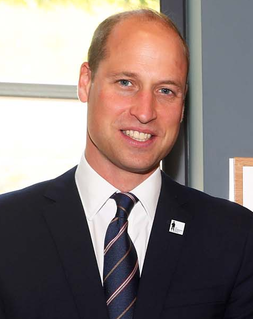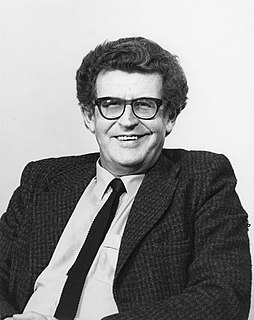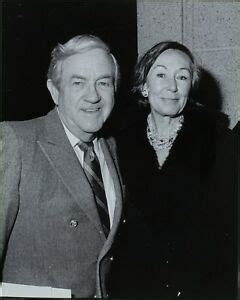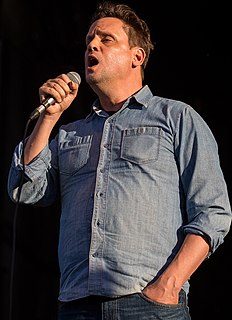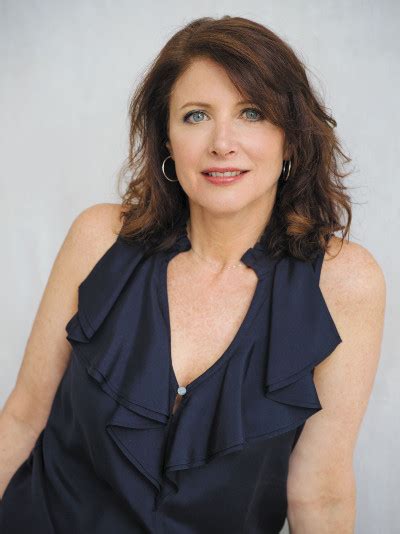A Quote by Robert Fisk
William Dalrymple called me a war junkie in his silly book. No, I don't have a desire for it. I'm appalled and infuriated by it.
Related Quotes
What does kiciciyapi mitawa mean?" He kept his head on her breasts. "What?" "You called me kicicyapi mitawa. It sounded so beautiful. It wasn't Japanese. What was it?" "It's the voice of the Lakota. It would sound silly in English." He cupped her breast, his fingers moving lightly over her skin. His breath warm on her heart. "I want to know. It didn't sound silly when you said it. It sounded...beautiful. It made me feel beautiful. And loved." He kissed her breast. "I called you my heart. And you are.
With a book called 'Keeping Score,' I really did want to write a book about the Korean War, because I felt that it is the least understood war in the American cultural imagination. So I set out with the idea that Americans didn't know much about the Korean War and that I was going to try to fix a tiny bit of that.
That all war is physically frightful is obvious; but if that were a moral verdict, there would be no difference between a torturer and a surgeon. There are certain intellectuals who are too bright to be content with merely praising peace but who are infuriated by anybody praising war. If no war is possible, all criminality has its chance




